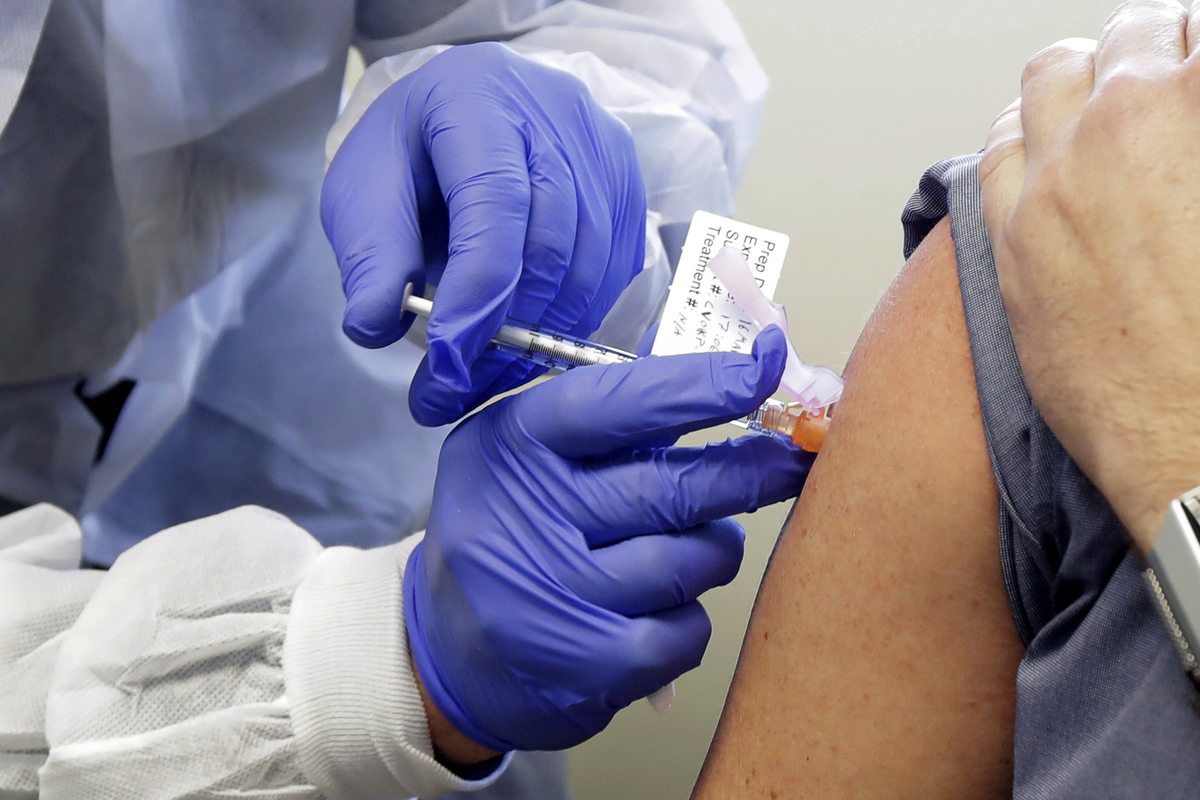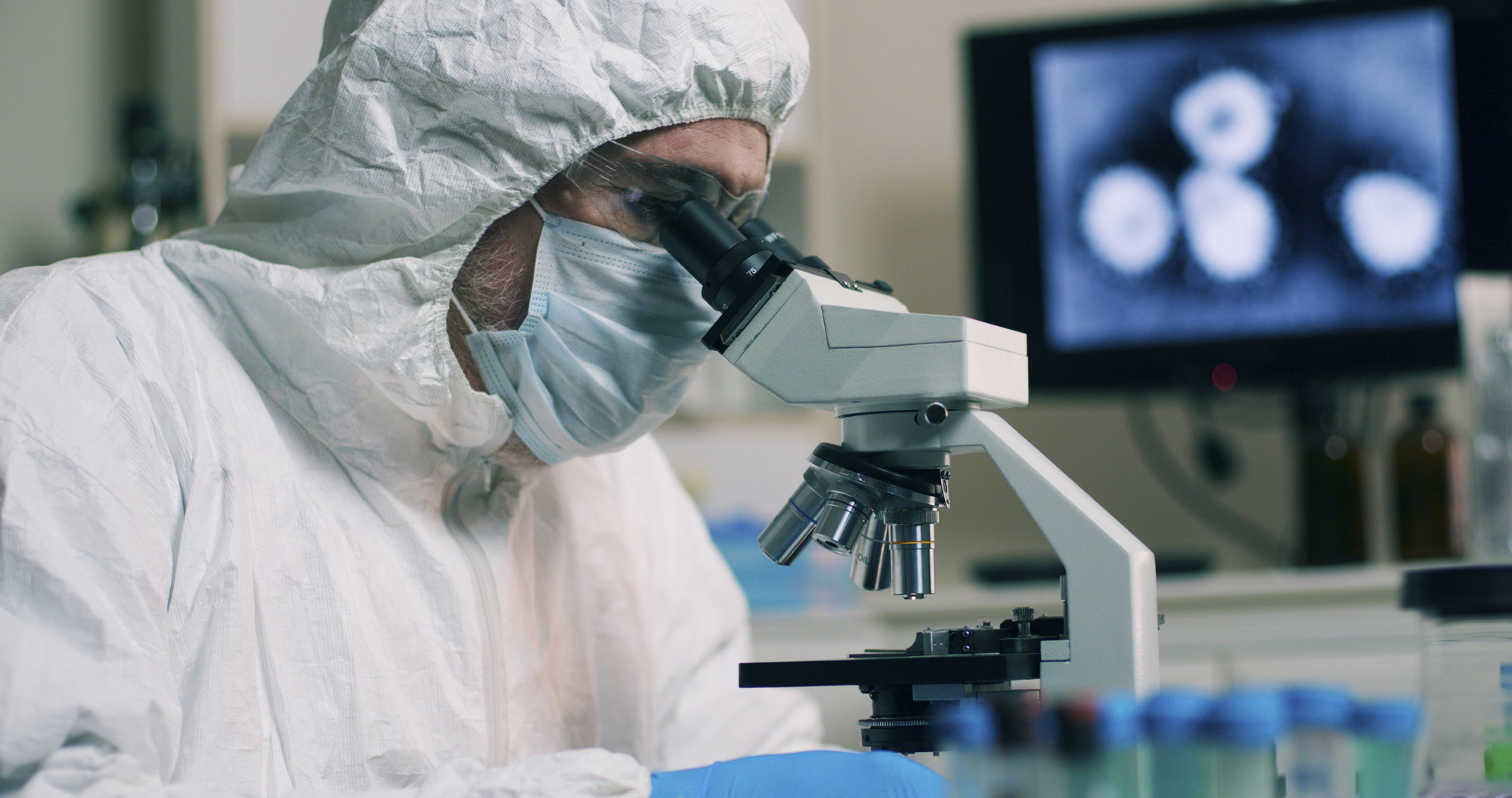Researchers in New Zealand have kicked off a new trial for a CRISPR-based cure for high cholesterol. The trial will test the efficacy and success of the one-and-done treatment, which has seen success in animal trials. Researchers are hopeful the treatment will be as efficient in people as in animals. If successful, it could help permanently lower cholesterol levels and the risk of heart attack, saving countless lives.
Cure for high cholesterol enters first human trial

High cholesterol is a serious health issue that 25 percent of Americans deal with. The waxy material is produced by the liver and can be found in some foods we eat. It comes in two different types, and both circulate in the blood. The first type, HDL, can protect you against disease with a healthy amount in your blood. LDL, however, can cause high cholesterol and increase the risk of heart disease.
Of course, cutting certain foods and focusing on healthy foods can help lower your cholesterol levels. There are also pills called statins that can help lower cholesterol, too. but neither of these is a solid cure for high cholesterol because they require strict discipline and upkeep. Other drug treatments for cholesterol have popped up, too, but they can be expensive.
This new cure for high cholesterol is a one-and-done treatment, though. And once taken, it permanently deactivates a gene in the liver that is linked to the removal of excess cholesterol from the body. The gene in question controls the production of PCSK9. This protein normally prevents the removal of excess cholesterol from the body. By deactivating the gene, the body could better clean itself out.
Success in animal trials

The cure for high cholesterol has moved to human trials as the animal trials have seen an insane amount of success. A trial with monkeys saw a drop in LDL cholesterol levels by up to 70 percent in just two weeks. It then kept the levels low for at least two years. As such, the researchers are confident it could be just as—if not more—successful in humans.
The cure was made possible thanks to CRISPR, a gene-editing system researchers have been using for several years. The system allows the researchers to focus in on certain genes. The treatment also doesn’t use a hollowed-out virus to deliver the cure for high cholesterol to patients, either. Instead, it uses nanoparticles to deliver genetic instructions to the cells.
Other gene-editing feats we’ve seen recently include genetically modified mosquitos used to help control mosquito populations. We could even one day see hypoallergenic cats thanks to gene editing.








